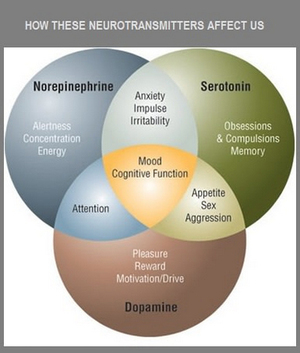-
 Find in Members
Find in Members Find in Videos
Find in Videos Find in Channels
Find in Channels
This website uses cookies to ensure you get the best experience on our website.
To learn more about our privacy policy Click herePrivacy Preference
- Tags - #Brain balance
-
- Last updated February 20, 2024 0 comments, 224 views, 0 likes
More from SNAP Brain
More in Politics
Related Blogs
What Is Brain Balance and Its Importance
Body
In our complex and fast-paced world, maintaining brain balance is crucial for our overall well-being. Brain balance refers to the harmonious functioning of various brain regions, including both hemispheres, to support optimal cognitive, emotional, and physical health. Achieving this balance involves synchronization and coordination among different brain areas, each responsible for specific functions. One key aspect of brain balance is the coordination between the left and right hemispheres.
- The left hemisphere tends to be associated with logical thinking, language processing, and analytical skills, while the right hemisphere is more involved in creativity, intuition, and emotional processing.
- When these hemispheres work together efficiently, it enhances problem-solving abilities, decision-making skills, and emotional resilience.
- Maintaining balance within specific brain regions is essential.
- Imbalances or dysfunctions in areas like the prefrontal cortex, hippocampus, or amygdala can lead to various issues such as attention deficits, memory problems, mood disorders, and anxiety.
- Several factors influence brain balance, including genetics, environment, lifestyle, and experiences.
- Engaging in activities that stimulate both hemispheres, such as learning new skills, practicing mindfulness, and physical exercise, can promote neural connectivity and integration.
The importance of brain balance extends beyond cognitive functions. Research suggests that it plays a crucial role in overall health and longevity. Imbalances in the brain have been linked to an increased risk of neurodegenerative diseases like Alzheimer's and Parkinson's, as well as mental health disorders such as depression and schizophrenia. A balanced brain contributes to improved stress management, better sleep quality, and enhanced emotional regulation. It fosters resilience in the face of challenges and promotes a sense of well-being and fulfillment.
Prioritizing brain balance is essential for leading a healthy and fulfilling life. By nurturing harmony among different brain regions and fostering integration between hemispheres, we can optimize cognitive function, emotional well-being, and overall quality of life. Incorporating activities that support brain balance into our daily routines can pave the way for a happier and healthier future.






Comments